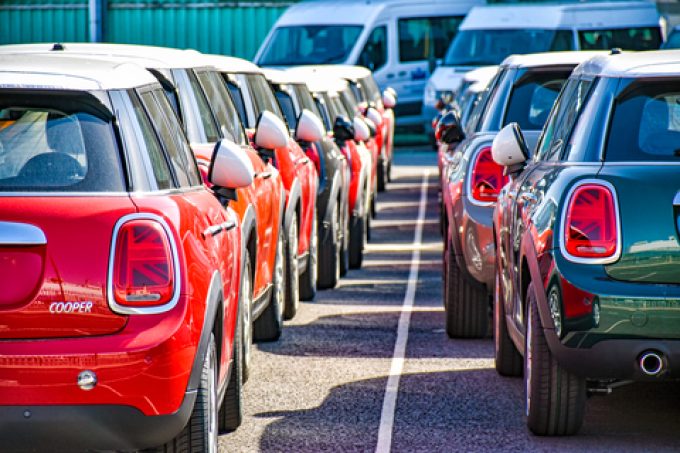BYD signs major PCTC cooperation deal with Hyundai Glovis
China’s BYD, the world’s largest electric vehicle maker, has signed an agreement with South Korean ...

A US Senate probe has uncovered likely forced labour in the supply chains of Chinese-made BMW cars.
Some 8,000 models of the BMW Mini Cooper, manufactured in China, used electronic parts from Sichuan Jingweida Technology Group (JWD), one of 41 companies on the US’ Uyghur Forced ...
Predatory rivals circle as the ripples from DSV's Schenker buy widen
Latest Israeli attack on Iran a threat to box ships in Straits of Hormuz
DHL Express facilities in Canada forced to shut down by strike
Industry concerns rise after yet another box ship on fire off Indian coast
New Middle East conflict brings airspace closures, flight chaos and oil price worry
More legal trouble in India for MSC: feeder vessel detained after box ship disasters
Return of downward pressure on container spot freight rates
BYD launches logistics subsidiary – and eyes ports and shipping sectors

Comment on this article